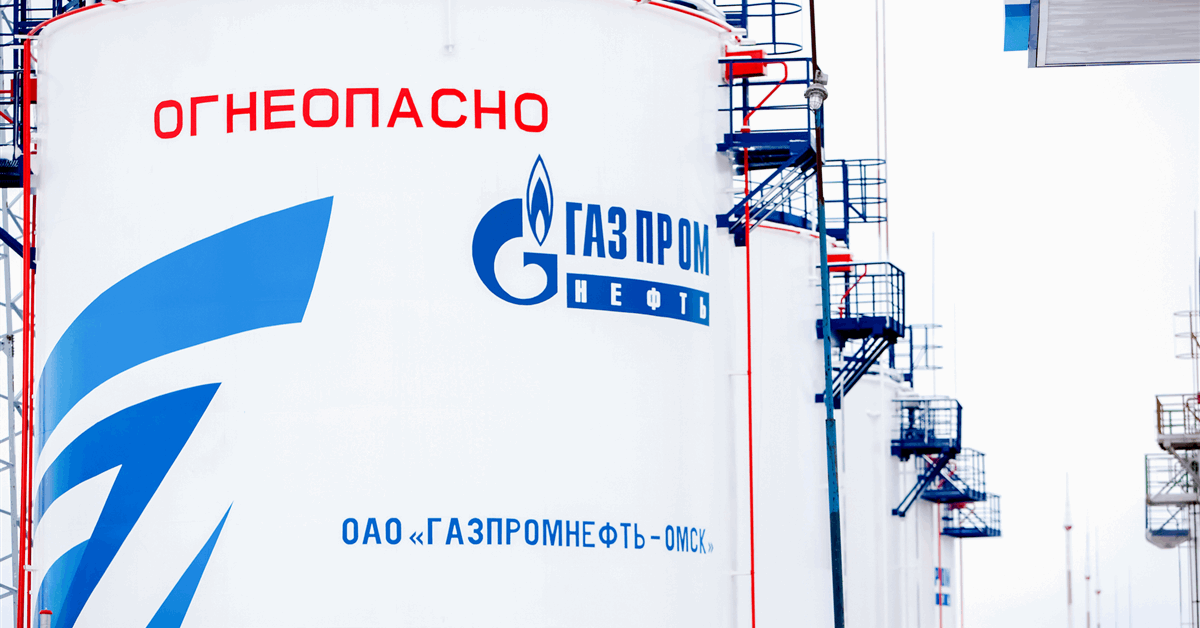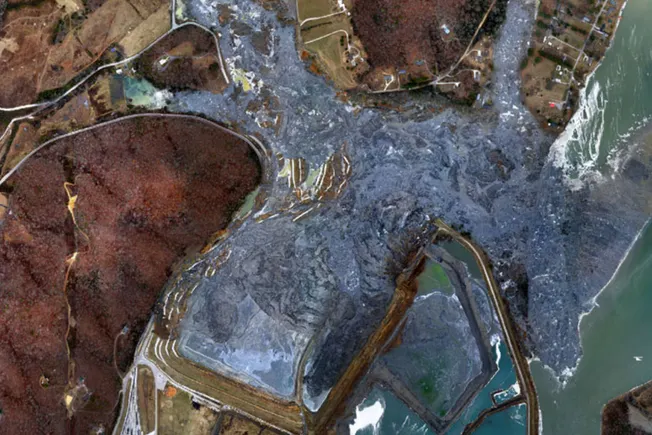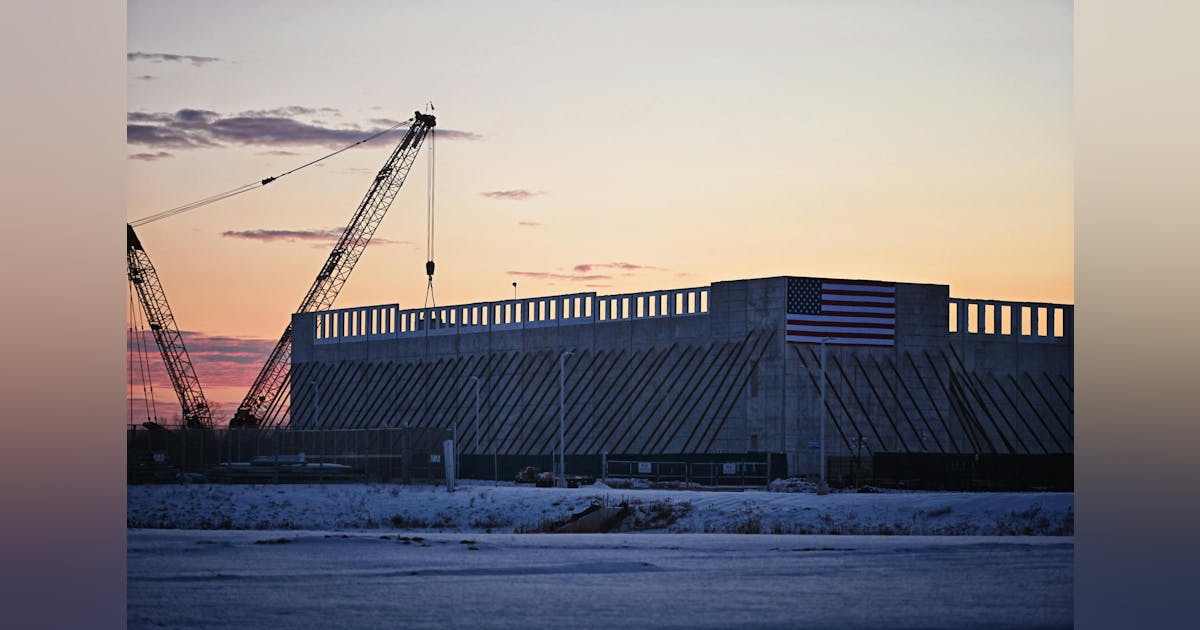
The Russian government expects the oil and gas industries’ contributions to the national budget this year to drop to the lowest since the pandemic of 2020 after prices for its fuels dipped and the ruble strengthened.
Moscow will gather about 8.65 trillion rubles ($100 billion) in taxes from the oil and gas industry, according to amendments to Russia’s 2025 budget. That’s about 22 percent less than last year’s revenues, according to the amendments, published Monday on the website of the State Duma, the lower chamber of the parliament.
Levies from oil and gas producers are critical for the Kremlin, as they are projected to account for almost a quarter of revenues into state coffers this year. Moscow plans to keep boosting military spending to finance the ongoing war in Ukraine, and will raise taxes like VAT and increase borrowing to bridge the budget gap.
In a drive to further bear down on Russia’s energy revenues, western nations and allies have adopted wide-ranging sanctions. Most recently, US President Donald Trump has been putting pressure on partners in the North Atlantic Treaty Organization, including Turkey, to stop buying Russia’s barrels altogether.
Urals, Russia’s main export blend, is projected to average $58 a barrel this year, compared with $66.60 last year. Despite sanctions, the decline is mainly driven by lower crude prices amid concerns over global economic growth.
Russia’s government sees the average Urals discount to global benchmark Brent at $12 a barrel. The gap has shrunk compared with the earlier years of the war, but is still markedly wider than the historic discount of $2-4 a barrel because of sanctions.
The strengthening of the national currency is another reason behind declining revenues. For this year, the government projects the exchange rate at 86.1 rubles to a US dollar, compared with 92.4 rubles a dollar last year. This means the government reaps fewer rubles for every barrel of oil and cubic meter of gas sold abroad.
Federal officials anticipate growth in the oil and gas revenues over the next three years: to 8.92 trillion rubles in 2026 and then 9.7 trillion rubles by 2028. The gains are set to come thanks to a gradual recovery in the price of Urals, according to the budget plan for 2026-28. Still, annual revenue flows in the near future are expected to remain below the 2024 level, putting pressure on the Kremlin’s budget.
What do you think? We’d love to hear from you, join the conversation on the
Rigzone Energy Network.
The Rigzone Energy Network is a new social experience created for you and all energy professionals to Speak Up about our industry, share knowledge, connect with peers and industry insiders and engage in a professional community that will empower your career in energy.






















